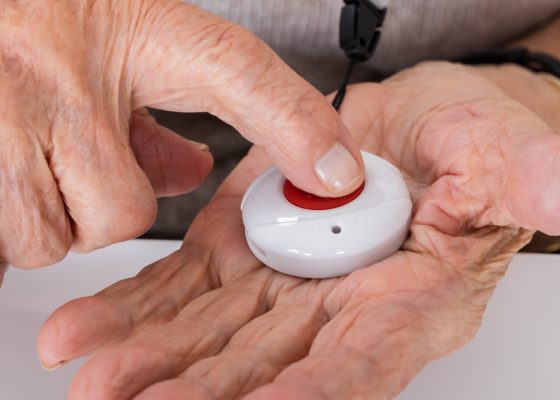Feedback from the iAgeHealth service’s two-year trial has shown ‘significantly reduced wait times for access to services, improved clinical and health outcomes’.
Virtual solution IAgeHealth has rolled out nationally, designed to meet clinical care requirements in regional, rural and remote aged care facilities.
McLean Care’s technology, developed in collaboration with Deakin University, will provide virtual in-room clinical, allied health specialties and diagnostic capabilities to improve access to clinical services.
iAgeHealth provides 24/7 access to nurses, and seven-day access to a multidisciplinary allied team including physiotherapists and dieticians, as well as clinical specialisations such as wound care, diabetes management, chronic health management and more.
The service has undergone a two-year trial, where initial feedback has shown significantly reduced wait times for access to services, improved clinical and health outcomes and enhanced holistic healthcare management.
The offering provides a full end-to-end diagnostic, treatment and care management process. The time for consultation will be allocated based on the urgency of care required, but patients will typically be seen less than hour from the initial request.
“Older persons should have access to care and services they need to keep well, regardless of their geographical location,” said Sue Thomson, McLean Care’s CEO.
“One in three Australians live in regional, rural, and remote communities and have poorer access to health services, poorer health outcomes, higher levels of disease and lower rates of life expectancy.
“A big reason behind these outcomes is the inequity of services available. Older people living in rural and remote communities simply don’t have the same access to clinical care because of their location.
“Those living in rural and remote areas will understand how far the distances they have to travel to access healthcare can be.
“For example, we regularly hear reports from within the aged care industry that older people in residential aged care can wait more than two weeks to see a physiotherapist. With this new technology, a remote physio can assess and treat older people within 24 hours, particularly in urgent cases such as after a fall.
“This service provides a timely, safe and quality solution that will ultimately improve the health outcomes of older persons in rural, regional and remote communities,” Ms Thomson said.
“By 2025, there will be between 20,000 to 40,000 vacant positions per year across the health, disability and aged care sectors. The aged care sector is competing with the health care sector, the disability sector and other community nursing services to attract and retain sufficient nursing staff.
“With the introduction of 24/7 nursing mandates from 1 July 2023 following the Royal Commission into Aged Care Quality and Safety report findings, a solution was needed to support timely access to qualified clinicians and the allied health workforce in rural and remote areas.
“It’s important to be clear that iAgeHealth does not replace the in-person workforce, however, it can support it and provide a safe, viable alternative when registered nurses are not available on-site.
“Indeed, the platform offers a range of additional benefits to address workforce challenges.
“Think of holiday and sick cover – finding a qualified RN at the last minute or for a short time is not easy, and agency nurses and FIFO models are costly and can come at a detriment to continuity of care for residents,” Ms Thomson said.
“The service can even provide collegial support for sites with less experienced registered nurses, or where access to particular specialisations such as wound care will result in improved clinical outcomes.”
Do you have a story tip for us, or a topic you would like to see us cover? Contact the editor at editor@healthservicesdaily.com.au.



